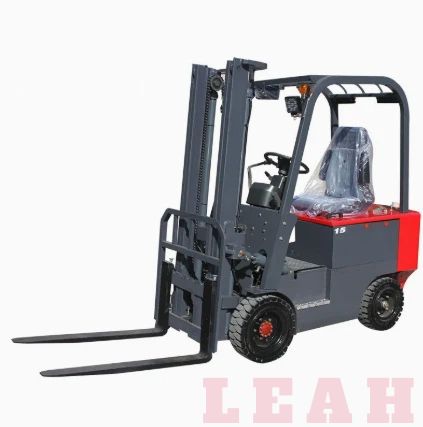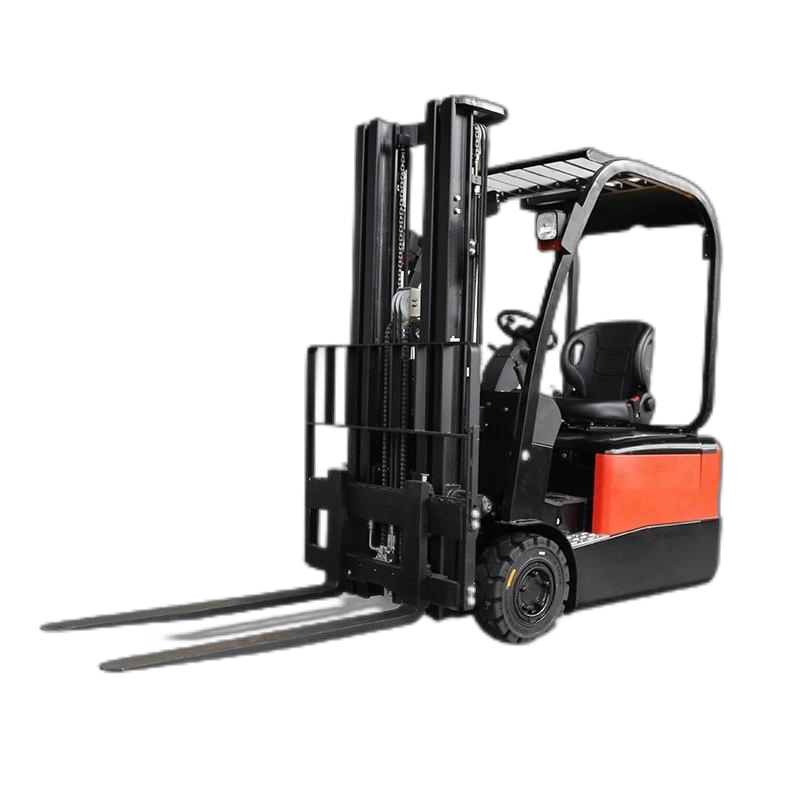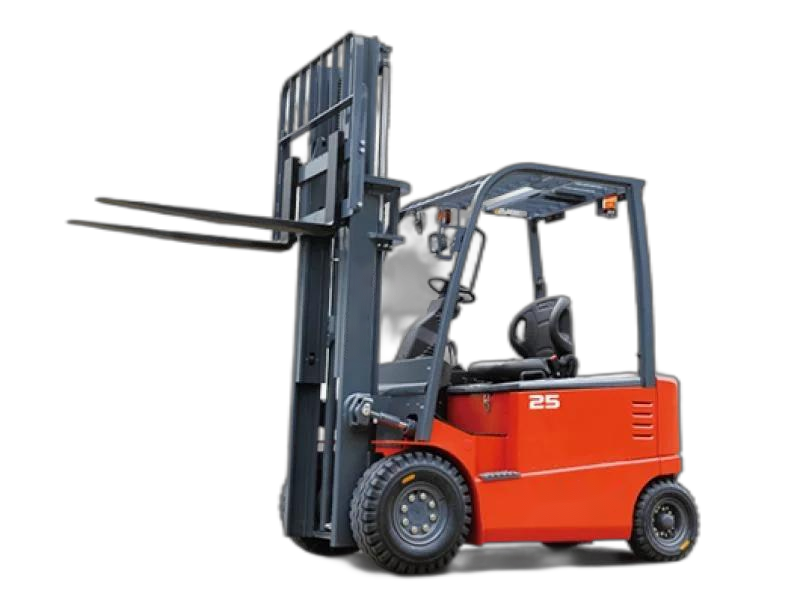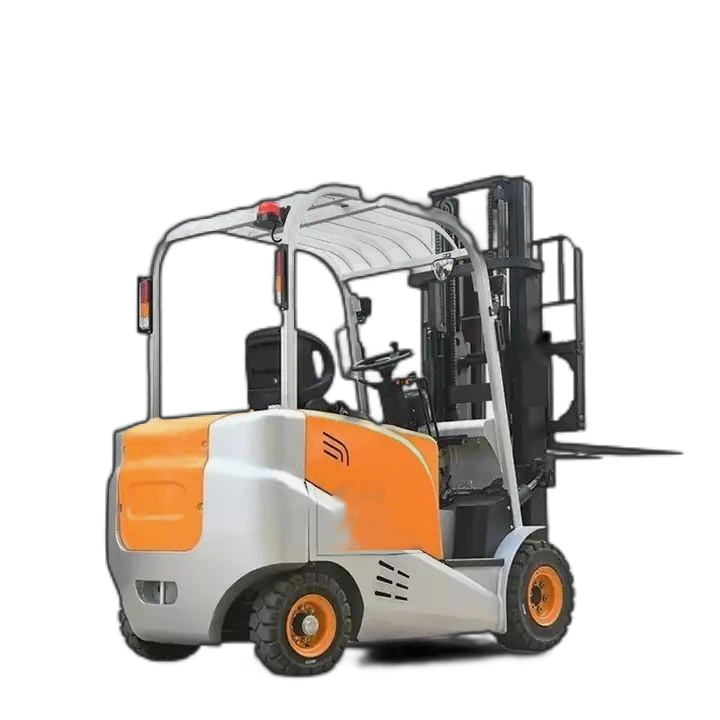Advantages in power and endurance: Diesel forklifts generally have more robust power output than electric forklifts, enabling them to meet the needs of heavy-load and high-intensity operations. Additionally, diesel forklifts are convenient to refuel, eliminating the need for frequent charging or battery replacement like electric forklifts, allowing for long-term continuous operation. They are suitable for scenarios with high work intensity and long durations, such as large ports and mines.
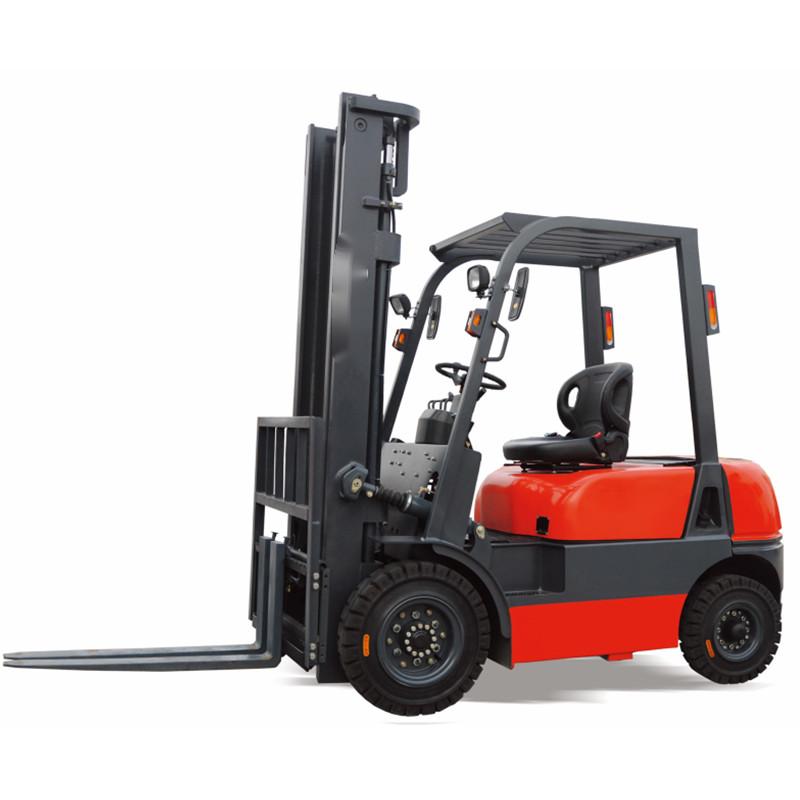
Adaptability to harsh environments: The engines and transmission systems of diesel forklifts are relatively more robust and durable, capable of withstanding harsh working conditions such as high temperatures, high humidity, and dusty environments. In harsh outdoor settings like construction sites and steel plants, diesel forklifts demonstrate higher reliability.
Low infrastructure requirements: Diesel forklifts have minimal infrastructure needs, only requiring gas stations to meet refueling demands. In contrast, electric forklifts require charging facilities. In places without complete charging infrastructure, diesel forklifts hold a clear advantage.
In the electrification era, although electric forklifts are developing rapidly and expanding their market share, diesel forklifts will continue to play a role in specific fields and scenarios by virtue of their unique characteristics and advantages.





